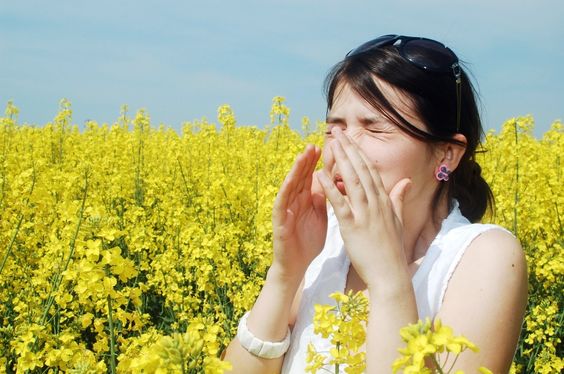What is Pollen?
Pollen is a powdery substance comprising of pollen grains found in plants. Grasses usually pollinate in the late spring or early summer. In NYC, June is the month for grass pollen to thrive. Due to rising temperatures, grass pollen season may be longer this year. For people with allergies, this means more symptoms throughout the year. Luckily, NY Allergy & Sinus Centers has six locations throughout the city to treat your grass pollen allergy.
Common Types of Grass Pollen
There are over a thousand species of grass but not all of them produce allergenic pollen. The most common types of allergenic grass pollen are:
• Bermuda
• Johnson
• Rye
• Orchard
• Kentucky Bluegrass
All of these types of grass pollen can be found in NYC. Even if you don’t live near parks or grassy areas in the city, you can come in contact with grass pollen. Small pollen grains are easily blown by the wind and carried indoors.
Grass Pollen Allergy Symptoms
Grass pollen allergy is commonly known as hay fever. Symptoms of a grass pollen allergy include:
• Runny nose
• Sneezing
• Itchy nose, eyes, ears, and mouth
• Stuffy nose (nasal congestion)
• Red and watery eyes
• Swelling around the eyes
• Asthma
Most hay fever symptoms are mild in which antihistamines can provide allergy relief. However, some individuals may need more aggressive treatment. Grass pollen allergy can cause severe asthma attacks in those who suffer from asthma. It’s important to visit a NYC allergist if you are allergic to grass pollen and experience asthma symptoms.
Foods Related to Grass Pollen
Hay fever symptoms can appear after eating certain fruits and vegetables. This is called oral allergy syndrome. You may experience an itchy tongue and throat or hives. The foods related to grass pollen that may cause an allergic reaction are:
• Celery
• Melons
• Peaches
• Oranges
• Tomatoes
If you have a grass pollen allergy, refrain from eating these foods during peak allergy season. If you must eat them, wash fruits and vegetables thoroughly before consumption to remove hidden pollen grains.
Preventing A Grass Pollen Allergic Reaction
In many cases, it is possible to prevent a grass pollen allergic reaction. First, it’s essential to keep your lawn short. Hire someone to cut your grass so you won’t experience hay fever. Also, keep your windows and doors closed during allergy season. This will prevent pollen from getting indoors.
Checking the pollen count will help you prepare for the day. On high pollen count days, you may want to limit your time outdoors or bring extra allergy medication with you. You can find the daily pollen count here.
To get the best allergy relief, we recommend beginning immunotherapy (allergy shots). Allergy immunotherapy is a long term solution to your hay fever symptoms. It helps your immune system build a tolerance for grass pollen and other allergens. Call NY Allergy & Sinus Centers at (212) 686-4448 to learn more.

